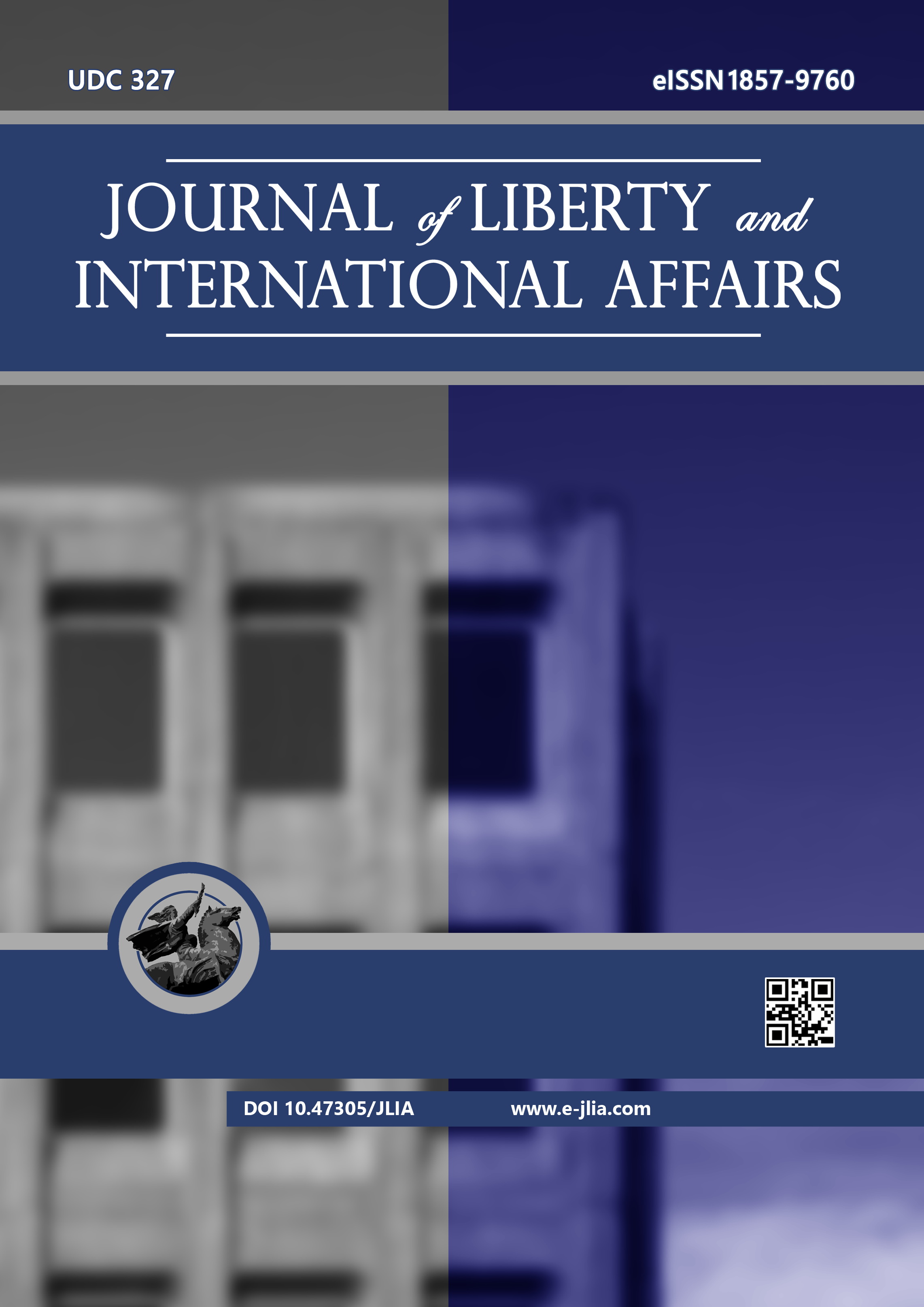POLITICAL IMPLICATIONS OF THE COVID-19 PANDEMIC IN CENTRAL ASIA: INSIGHTS FROM KAZAKHSTAN, KYRGYZSTAN, AND UZBEKISTAN
POLITICAL IMPLICATIONS OF THE COVID-19 PANDEMIC IN CENTRAL ASIA: INSIGHTS FROM KAZAKHSTAN, KYRGYZSTAN, AND UZBEKISTAN
Author(s): Aram TerzyanSubject(s): Politics / Political Sciences, Politics, Law, Constitution, Jurisprudence, Constitutional Law, International Law, Human Rights and Humanitarian Law, Political Theory, Political Sciences, Civil Society, Governance, Public Administration, Public Law, Government/Political systems, International relations/trade, Security and defense, Military policy, Welfare systems, Developing nations, Political behavior, Political economy, Political psychology, Politics and law, Politics and communication, Politics and religion, Politics and society, History and theory of political science, Methodology and research technology, Comparative politics, Inter-Ethnic Relations, Geopolitics, Politics of History/Memory, Politics and Identity, Corruption - Transparency - Anti-Corruption, Peace and Conflict Studies, Asylum, Refugees, Migration as Policy-fields, Administrative Law
Published by: Institute for Research and European Studies - Bitola
Keywords: Central Asia; Covid-19 Pandemic; Authoritarianism; Political Freedoms; Leadership Change
Summary/Abstract: The objective of this paper is to explore the political implications of the Covid-19 pandemic in the Central Asian countries of Kazakhstan, Kyrgyzstan, and Uzbekistan. Studies displayed that although these governments varied in their initial response to the pandemic, all three underwent a uniform experience as to its broader effect of amplified authoritarianism. The public health crisis was utilized as a pretext to consolidate autocratic power, suppress regime criticism, and restrict the political rights and freedoms of citizens. Of particular concern were implications on media and civil society organizational efforts, statuses of detainees, ethnic minority rights, and freedoms of assembly and speech. This paper is an in-depth case analysis that uses policy analysis and process tracing to examine the Central Asian countries’ response to Covid-19 and its effects on human rights and political freedoms in the named countries. It concludes that despite the changes in leadership and relative progress towards democratization, authoritarian patterns ensued and changed form during the pandemic period in these Central Asian countries.
Journal: Journal of Liberty and International Affairs
- Issue Year: 8/2022
- Issue No: 1
- Page Range: 360-374
- Page Count: 15
- Language: English

